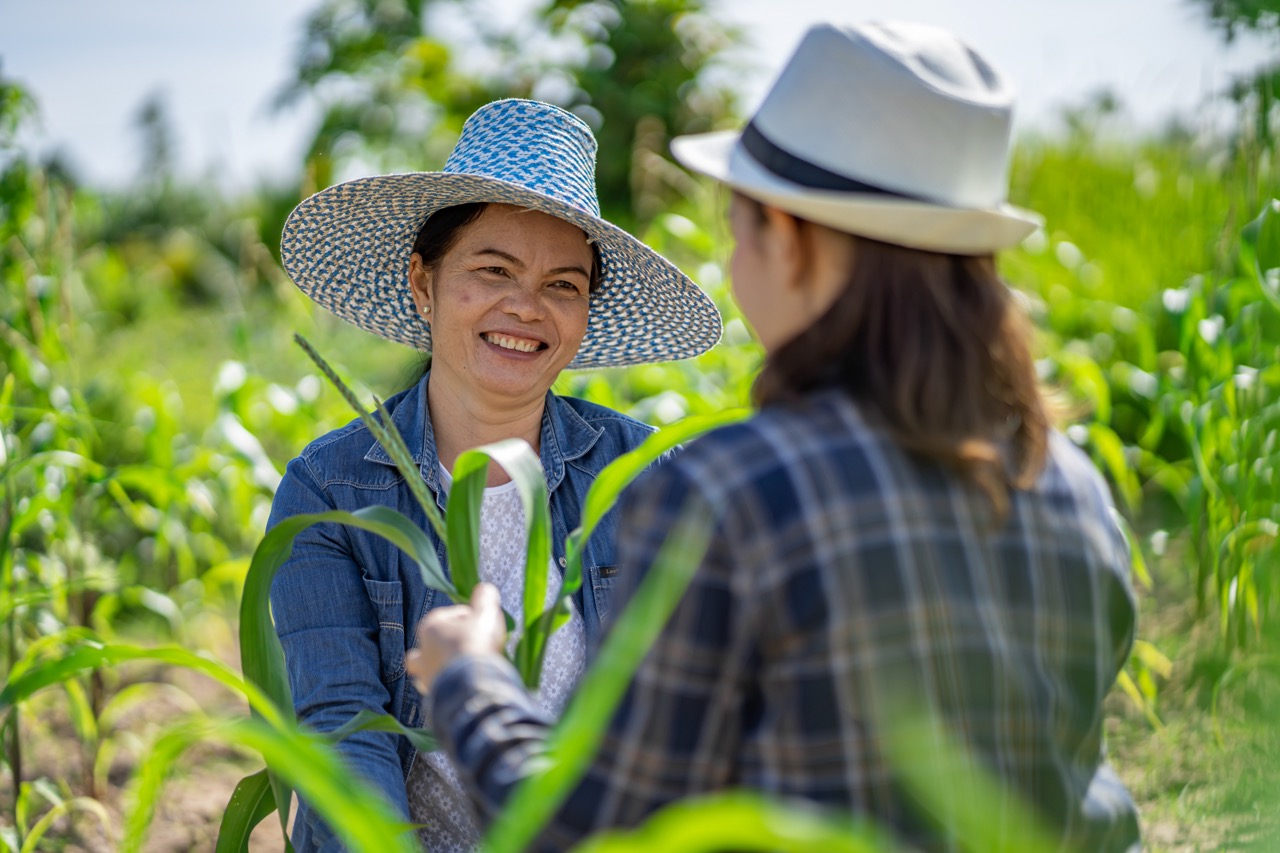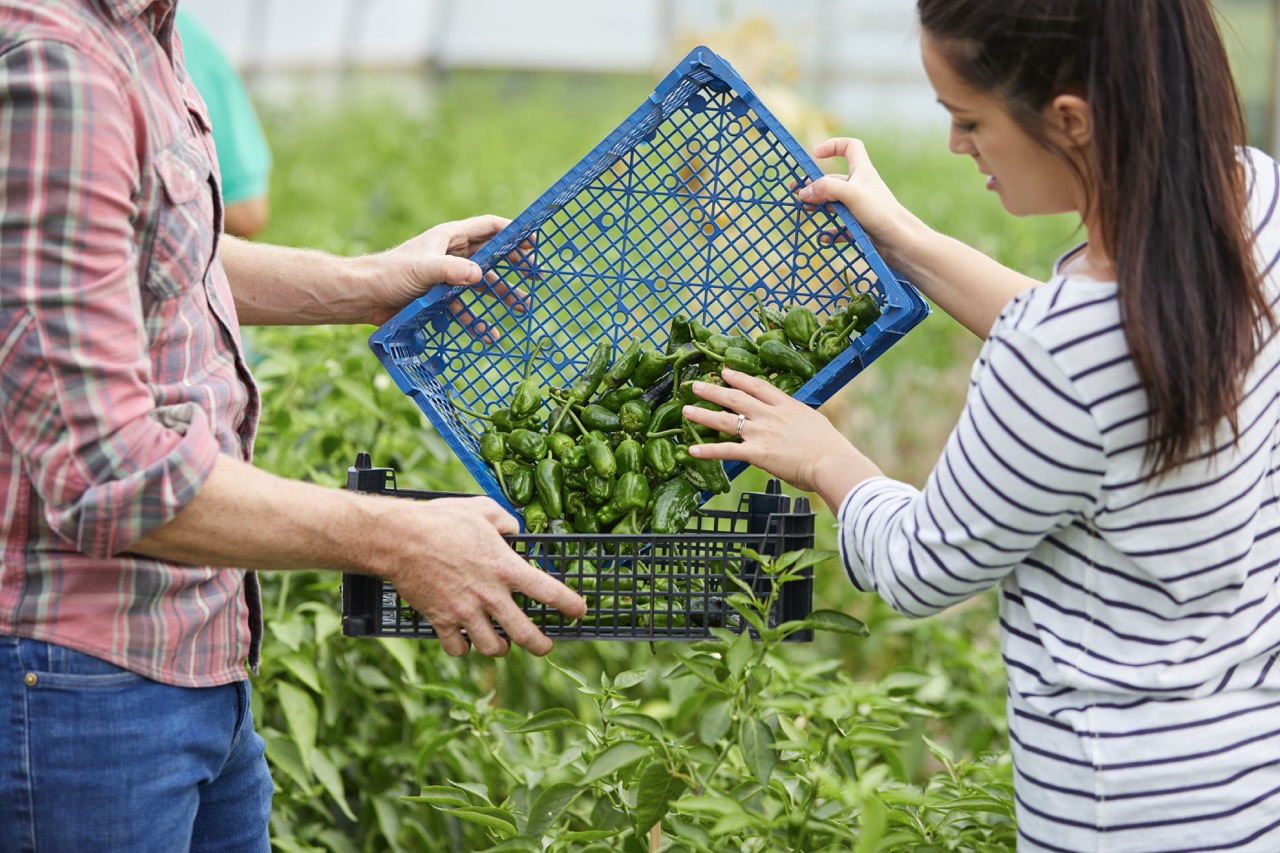In the age of digital media, podcasts have emerged as a powerful platform for sharing knowledge, stories, and insights. The agricultural sector, rich with diverse topics ranging from sustainable farming practices to food security, offers a fertile ground for aspiring podcasters. If you have a passion for agriculture and a desire to share that passion with others, starting your own agricultural podcast could be the perfect endeavor. This article will guide you through the essential steps to launch a successful podcast in this dynamic field.
Identifying Your Niche in the Agricultural Podcast Space
Choosing a niche is a fundamental first step in establishing your podcast. The agricultural landscape is vast, encompassing a variety of topics such as organic farming, agroecology, livestock management, agricultural technology, and food systems. To successfully carve out your niche, consider what aspects of agriculture excite you the most and where your expertise lies. This could be based on your personal experiences, professional background, or even your location, which can offer unique insights into regional agricultural practices.
Once you have pinpointed your primary focus, it’s essential to research existing podcasts in the agricultural space. Identify gaps in the market where your perspective or style may bring something new to the table. Engaging with your target audience through social media or forums can also provide valuable insights into what they are interested in hearing about. By understanding both your passions and the interests of potential listeners, you can create a podcast that not only informs but resonates with your audience.
Finally, consider developing a clear mission statement for your podcast. This statement will serve as a guiding principle as you create content, helping to maintain your focus and direction. Clearly articulating your podcast’s purpose will also help potential listeners understand what to expect, making it easier to attract a dedicated following.
Essential Equipment and Software for Podcasting Success
Having the right equipment is crucial for producing high-quality audio content. At a minimum, you will need a reliable microphone, headphones, and recording software. While many beginner podcasters start with USB microphones, investing in an XLR microphone can significantly enhance your audio quality. Additionally, good headphones will allow you to hear any background noise or audio issues during recording and editing, ensuring a polished final product.
For recording and editing software, there are both free and paid options available. Audacity and GarageBand are user-friendly choices that many podcasters start with. As your podcast grows, you might consider more advanced software like Adobe Audition or Pro Tools, which offer greater flexibility and features. Familiarizing yourself with audio editing tools will allow you to remove mistakes, enhance sound quality, and add music or sound effects that enrich your content.
Lastly, consider using a podcast hosting platform that suits your needs. Platforms like Libsyn, Podbean, or Anchor offer various features that can help in distributing your podcast across multiple channels, such as Apple Podcasts, Spotify, and Google Podcasts. A good hosting platform will not only store your episodes but also provide analytics to track your podcast’s performance, which can inform your future content strategies.
Crafting Engaging Content: Tips for Captivating Audiences
Creating engaging content is essential for keeping your audience interested and coming back for more. Start each episode with a hook that piques curiosity, whether it’s a surprising fact, a provocative question, or a compelling story. Structuring your podcast with a clear beginning, middle, and end will help maintain listener attention. Don’t hesitate to include personal anecdotes or interviews with industry experts, as these can provide relatable and informative content that resonates with your audience.
When planning your episodes, aim for a mix of informative and entertaining content. Consider incorporating different formats, such as interviews, roundtable discussions, or even field recordings from farms or agricultural events. This variety can keep your podcast fresh and appealing, allowing you to cater to different audience preferences. Additionally, ensure that your content is actionable—provide listeners with practical tips or resources they can apply in their own agricultural endeavors.
Lastly, maintain consistency in your release schedule and episode length. Whether you choose to publish weekly or bi-weekly, keeping a regular schedule helps your audience know when to expect new content. Similarly, establishing a consistent episode length can help listeners fit your podcast into their routines, increasing the likelihood that they will become loyal subscribers.
Promoting Your Podcast: Strategies for Growing Your Reach
Once your podcast is up and running, the next critical step is promotion. Social media platforms like Facebook, Twitter, Instagram, and LinkedIn can be powerful tools for reaching your target audience. Create dedicated pages or profiles for your podcast and actively engage with followers by sharing episodes, behind-the-scenes content, and relevant agricultural news. Joining online communities related to agriculture can further expand your reach, as you share your insights and invite members to listen to your podcast.
Collaborating with other podcasters or influencers in the agricultural sector can also significantly enhance your visibility. Guest appearances on other podcasts can introduce you to new listeners, while inviting guests onto your show can encourage them to share your episode with their audience. Building a network within the agricultural community fosters relationships that can lead to mutually beneficial promotion, making it easier to grow your audience organically.
Finally, consider creating a website or blog that complements your podcast. This can serve as a hub for all your episodes, show notes, and additional resources. By optimizing your website for search engines and sharing relevant content, you can attract new listeners who may not yet be familiar with your podcast. Implementing email marketing strategies can also help keep your audience engaged and informed about new episodes or related content, solidifying their connection to your podcast.
Starting your own agricultural podcast can be a rewarding journey filled with opportunities to educate, inspire, and connect with like-minded individuals. By identifying your niche, investing in quality equipment, crafting engaging content, and promoting your podcast effectively, you can carve out a space in the ever-growing podcasting landscape. As you embark on this venture, remember to stay passionate and authentic—your unique voice is what will ultimately resonate with your audience and cultivate a thriving podcast community.









